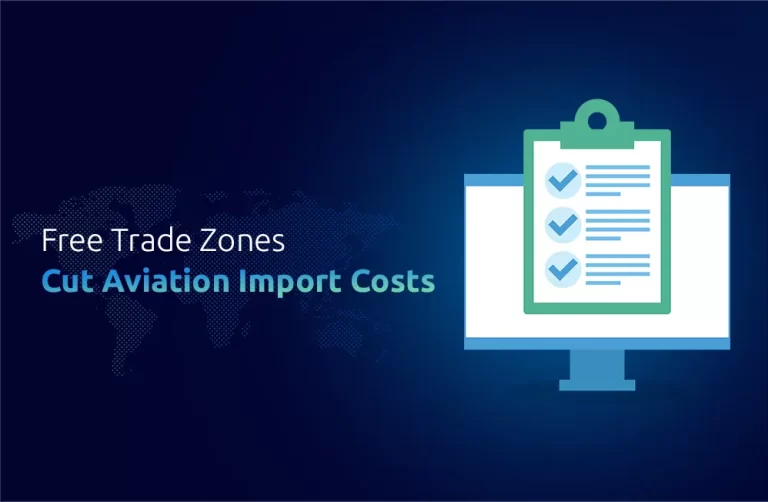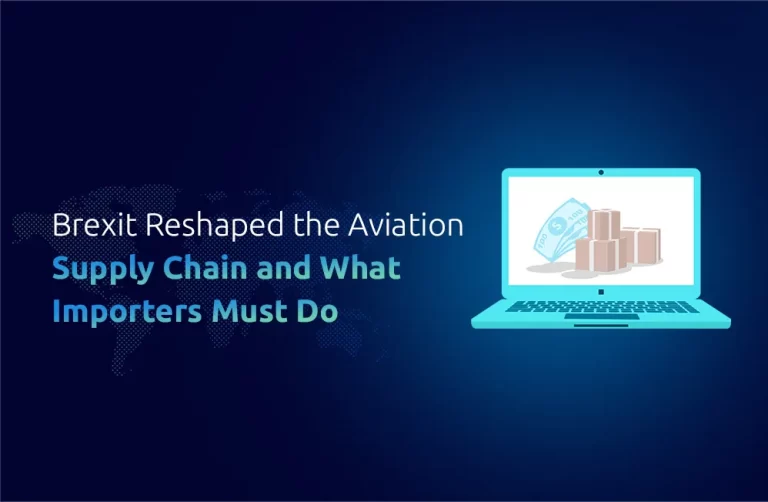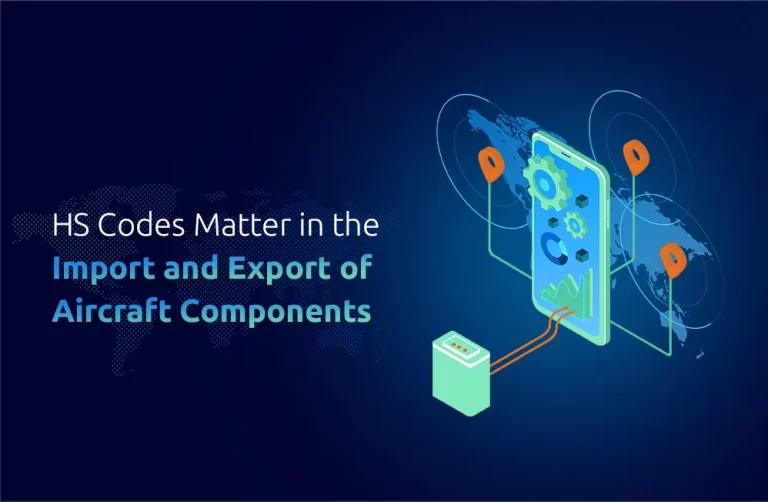What is delivery duty paid (DDP) and why it’s preferred for Shipping
DDP (Delivery Duty Paid) shipping is an Incoterms agreement where the seller takes on a full charge for the shipping process, overlaying all costs such as taxes, duties, and import fees, until the goods arrive at the buyer’s location. This planning reduces the need for the buyer to manage any extra official tasks or charges, providing a simplified and suitable shipping record. This is often advantageous in industries like technology, medical parts, autos, and aviation, where correct Circulation and acceptance of rules are critical. For example, in the medical industry, the expertise to understand accurate HS codes (Harmonized System Codes) and HTS codes (Harmonized Tariff Schedules) is important for accurate categorization and tax calculation. Businesses can also take the benefit from the Generalized System of Preferences (GSP), Which lets them access some markets for free duties. By using DDP shipping, businesses can simplify their supply chain, confirm agreements with import regulations, and improve customer satisfaction.
DDP Incoterms Agreement: Buyer and Seller Duties
Below the DDP (Delivery Duty Paid) Incoterms agreement, the seller is supposed to take the majority of the responsibility for delivering goods, covering the costs of shipping, including freight, insurance, and all import duties and taxes. The seller confirms approvals with both exporting and importing country regulations and clears the goods for entry. Upon reaching the agreed destination, the buyer is responsible for receiving the goods and managing post-delivery logistics such as unloading. This arrangement reduces the potential for misunderstandings between buyers and sellers. In industries such as technology, medicine, automotive, and aviation, the use of DDP Incoterms is critical due to the complex essence of international shipping and regulations. For example, products may require proper classification under the Harmonized System (HS) Code or the HTS (Harmonized Tariff Schedule) Code for accurate duty assessments. Also, some goods may be eligible for special treatment under the Generalized System of Preferences (GSP), which can provide tariff reductions, increasing the Challenging advantage of businesses in these sectors. By following these classifications and terms, the supply chain process becomes more smooth and efficient.
DID YOU KNOW?
The value generated in the Medical Devices and Products market is expected to reach US$0.8 trillion by 2025.








